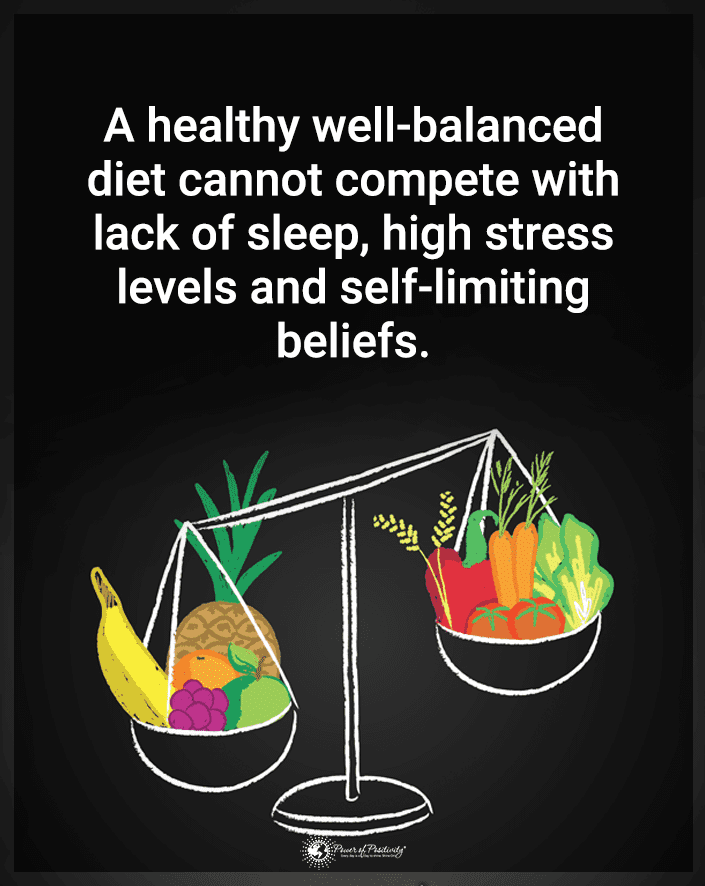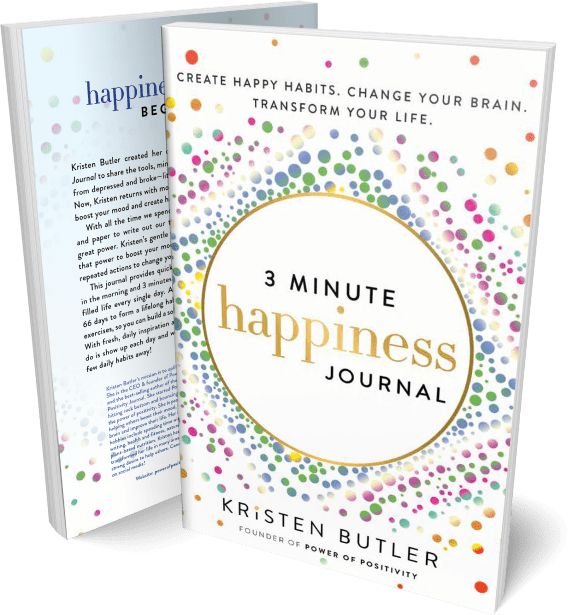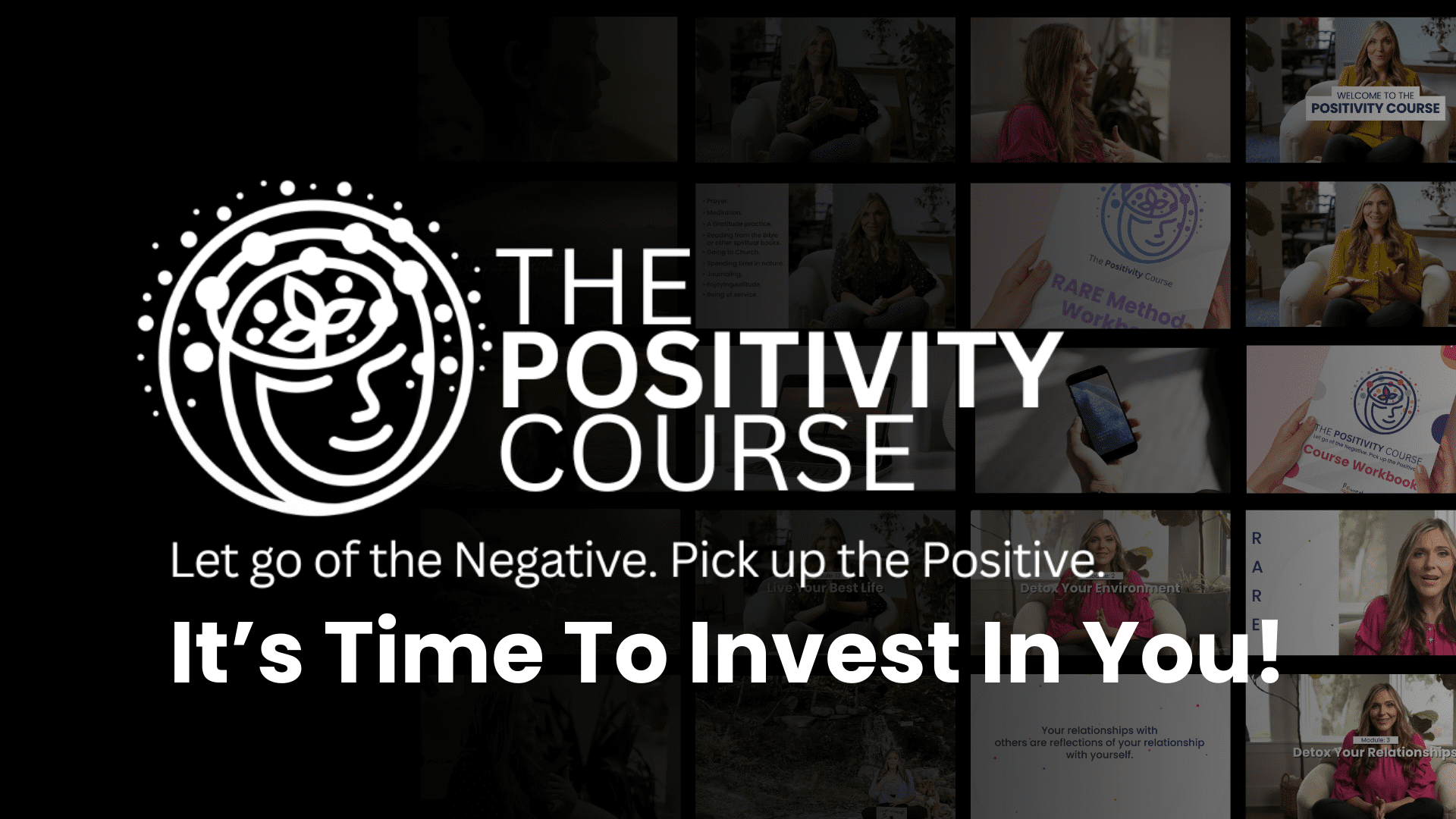How can you tell if a woman is no longer interested in you?
Are you in a relationship with a woman who seems to have lost interest in you? Understanding the dynamics of your relationship can significantly affect your happiness and emotional health. By reflecting on these signs, you can take control of the situation and make informed decisions that promote both partners’ well-being. Sometimes, the signs that a relationship faces difficulties are subtle, especially when a woman starts losing interest.
Recognizing these changes in behavior can provide both partners with an opportunity to address the issues. Whether it’s about working through problems or acknowledging that it might be time to move on, this article offers practical tips to help identify these difficult situations. It focuses on behaviors that could indicate a woman’s disinterest in the relationship, empowering you to make informed decisions that promote both partners’ well-being.
NOTE: This content specifically relates to the behaviors of a woman losing interest. Please read our companion article to discover the signs in men.
1 – A Woman Who Has Lost Interest Avoids Physical Contact
Physical affection is a vital component of intimacy in any romantic relationship. It’s often one of the first ways we express attraction and connection. However, when a woman begins to lose interest, one of the most apparent signs may be her avoidance of physical contact. This shift might not be abrupt but rather a gradual withdrawal. For instance, she may start by reducing the frequency and warmth of gestures like hugging, holding hands, or kissing—actions that used to be routine and heartfelt.
It can signal deeper issues if you notice that she pulls away when you try to touch her or seem uncomfortable with once-enjoyable closeness. This avoidance may stem from a loss of affection, unresolved disputes, or a discomfort with intimacy that she hasn’t openly communicated. Such changes are important to acknowledge as they can significantly impact the emotional closeness and satisfaction in the relationship.

2 – She Expresses Annoyance Over Small Habits
It’s natural for quirks and habits that we used to find adorable to become irritating over time in any relationship. However, when annoyance with small habits becomes frequent and pronounced, it can mean a woman’s feelings in the relationship have changed. She may comment negatively on how you organize your space, social interactions, or even small mannerisms that she previously ignored or found charming. Remember, these challenges are a normal part of relationships and require understanding and communication.
This increase in criticism can often manifest deeper dissatisfaction that hasn’t been fully expressed. It’s less about the habits themselves and more about an overall decrease in tolerance. That shift signals dwindling affection or engagement in the relationship. When criticisms become more common than compliments, it suggests a change in her perception of the relationship. It’s gone from something cherished to something endured.
3 – She Becomes Non-Committal About Plans or Commitments
When a woman feels uncertain about her relationship, her commitment to plans and promises might wane. This change can manifest in her becoming vague about commitments. For example, she might become indecisive about planning holidays or special occasions. She might also avoid discussing long-term goals like moving in together. Her responses to such topics might become non-committal, with phrases like “we’ll see” or “maybe,” reflecting her uncertainty or lack of desire to solidify plans.
This behavior creates confusion and insecurity and impedes the relationship’s growth. That’s because it prevents both partners from making shared goals and building a future together. A non-committal attitude towards commitments important for relationship progression is a red flag that she may not see a long-term future with you, indicating a cooling off of her interest and involvement in the relationship.
4 – A Woman Losing Interest Stops Asking About Your Day or Life
One of the subtler signs that a woman may be losing interest in a relationship is when she stops inquiring about your day-to-day life. This includes no longer asking about how your day went, showing little interest in your work or personal projects, and not engaging in conversations about your feelings or experiences. When a partner who used to listen attentively and engage actively in your stories and updates becomes indifferent, it can feel like a significant emotional disconnect.
This shift might not only signify a reduction in her emotional investment but also indicate that she is distancing herself from the aspects of your life that used to be integral to your shared connection. The lack of interest in the daily happenings of your life diminishes intimacy and can lead to feelings of loneliness and neglect within the relationship.
5 – She Rarely Initiates Any Interaction
A woman’s interest in maintaining and nurturing a relationship can also be gauged by how often she initiates contact. That can refer to messages, phone calls, or planning activities together. If you are always the one to initiate these interactions and her responses have become perfunctory or delayed, it suggests that her enthusiasm for the relationship has waned.
This lack of initiation extends to both communication and physical intimacy. If she no longer seems eager to spend quality time together or shows reluctance to engage in intimacy, it underscores a possible loss of interest or affection. This behavior is particularly concerning if she used to be proactive about these things, as it represents a fundamental change in her approach to the relationship.
6 – She Talks Frequently About ‘Needing Space’
While it’s healthy for both partners to have personal space, a sudden or frequent insistence on needing more space can reveal deeper issues. If a woman often mentions or insists on needing more space, time alone, or separate activities without a clear or rational explanation, it could be a sign that she is reevaluating her feelings and commitment to the relationship.
This need for space might manifest as spending more time apart or showing disinterest in once-loved activities. It might also mean taking breaks from the relationship. Although respecting individual needs for solitude is important, a marked increase in such requests can signify a desire to distance herself from the relationship. It could be a precursor to a breakup. Addressing this behavior openly and honestly can help clarify her intentions and the future direction of your relationship.

7 – A Woman Losing Interest Stops Sharing Personal Thoughts and Feelings
Open and deep communication is a cornerstone of any healthy relationship. It is a red flag if a woman begins to withhold her thoughts or feelings. This might include her no longer sharing her worries, dreams, or challenges with you or becoming more guarded and closed off during conversations where she used to be open and expressive.
This withdrawal can create a barrier that prevents the kind of intimate understanding and support relationships thrive on. When she stops allowing you into her inner emotional world, it can indicate that she’s pulling back from the relationship and questioning her investment in its future. This behavior reduces the emotional depth and trust between partners, potentially leading to a breakdown in the relationship’s core connection.
8 – She Avoids Eye Contact During Serious Discussions
Maintaining eye contact during conversations is a way to show honesty and connection. If a woman starts avoiding eye contact, especially during serious or emotional discussions, it can be a sign of discomfort or disinterest. This avoidance might suggest she struggles with guilt, doubt, or disconnection from the relationship.
Avoiding eye contact can make conversations feel less sincere and hinder effective communication. It also indicates that she’s not fully present in the discussion, possibly because she’s emotionally detached or preoccupied with thoughts about ending the relationship. Such behavior warrants a candid discussion about her feelings and the relationship’s overall health, as it can significantly impact the ability to resolve conflicts and connect on a deeper level.
9 – A Woman Who Has Lost Interest Changes Her Social Media Behavior Drastically
Changes in how a woman presents the relationship on social media can provide insights into her feelings and commitment. Social media has become a tool for self-actualization. Thus, if she suddenly stops including you in posts, removes past photos of the two of you together, or changes her relationship status without a mutual discussion, it might indicate a shift in her perspective on the relationship. This alteration in digital behavior is particularly telling in today’s connected age, where social media often reflects significant aspects of personal identity and relationships.
This kind of change can be hurtful and confusing, especially if social media was a space where you both previously shared happy moments and celebrated your relationship. Suppose such discussions do not accompany these changes or contradict her offline behavior. In that case, it suggests that she is distancing herself publicly and preparing her social circle for a change in her relationship status.
10 – She Criticizes More Than She Compliments
A balance of positive and negative interactions is normal in any relationship, but increasing criticism over compliments can be a warning sign. If a woman starts focusing more on your flaws or frequently points out what she perceives as mistakes and less on your positive traits and the relationship’s strengths, it can feel demoralizing and indicate a shift in her feelings.
This increased criticism can often stem from a buildup of resentment or dissatisfaction that hasn’t been properly addressed. It also indicates that she is focusing on the negatives to justify her growing detachment or to find reasons to end the relationship. Healthy communication about concerns is essential, but when the scale tips towards constant criticism, it signals a deeper problem that needs to be addressed to restore the relationship’s balance.

Final Thoughts About Knowing When a Woman Loses Interest in Her Relationship
Recognizing when a woman may be losing interest in a relationship is crucial for your emotional wellness and ensuring that both partners are truly invested in their shared future. The signs, such as avoiding physical contact, becoming absorbed in distractions during important conversations, and making independent plans, can be subtle but are telling indicators of her emotional state and commitment.
These behaviors can often develop gradually, making them challenging to identify immediately. However, acknowledging them early can allow open dialogue, allowing both partners to address underlying issues or reassess the relationship honestly. It’s important to approach such conversations with empathy and an open mind, striving to understand each other’s perspectives rather than assigning blame.
If you notice these signs, consider them prompts to evaluate the health and direction of your relationship. Communication is key—discuss your observations and feelings with your partner. Such discussions can lead to improved mutual understanding and, ideally, a renewed commitment to addressing each other’s needs. However, if these conversations highlight irreconcilable differences or a lack of willingness to adapt, it might signal that the relationship is no longer fulfilling for both parties.
Ultimately, both partners deserve to be in a relationship where they feel valued, loved, and engaged. Paying attention to these signs is not just about foreseeing an end but nurturing a relationship that can thrive, ensuring that both individuals are happy, respected, and fully involved.



















